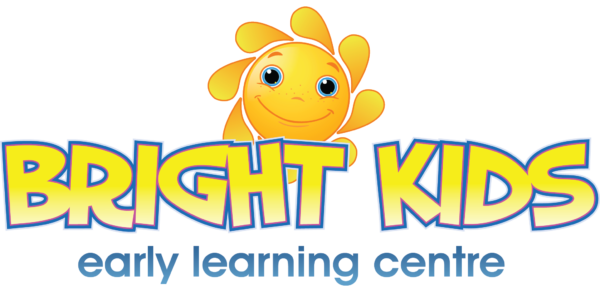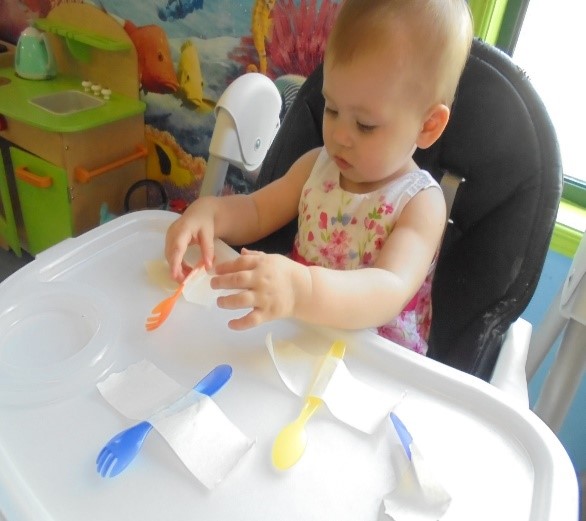Fine Motor & Cognitive Development in Little Fish Room
Our focus this month is observing the children during play and experiences to be able to assess developmental areas that may need building on.
Two of these areas are fine motor and cognitive/problem-solving skills.
We set up intentional experiences to help the children develop in these areas.
Activity
We taped plastic spoons to the high chair trays and simply encouraged the children to pull the tape off to be able to access the spoon.
We chose this activity for the children to practice using their problem-solving skills as to how they would get to the spoon.
The children learned quickly to use their hand-eye coordination and pincer grip to pull the tape off of the spoons.
Fine Motor
Fine motor skills are the coordination of small hand muscles (pincer grip) and the synchronisation of the hands and fingers with the eyes (hand-eye coordination).
Development of children’s small hand muscles is of importance for them to grasp toys, writing, and dressing with buttons and zips, among others.
Cognitive Development
Cognitive development is important as it provides children with a means to pay attention to:
- The world around them;
- Encompasses working memory;
- Attention; and
- The ability to manage and respond to information and experiences they encounter.
This activity was chosen as it is encompassing cognitive skills such as eye-hand coordination and problem-solving with a physical developmental area (fine motor).
Choosing activities for the children they can learn from in more than one developmental area, is key.
Stimulating more than one area of the brain supports their brain function to work at its maximum capability.
When cognitive skills are under developed, a child’s academic learning can be a struggle.
That’s all this month from Miss Rachel, Miss Sabrina and the Jalumm’s
Also please follow our Facebook and Instagram Pages and stay up to date.


